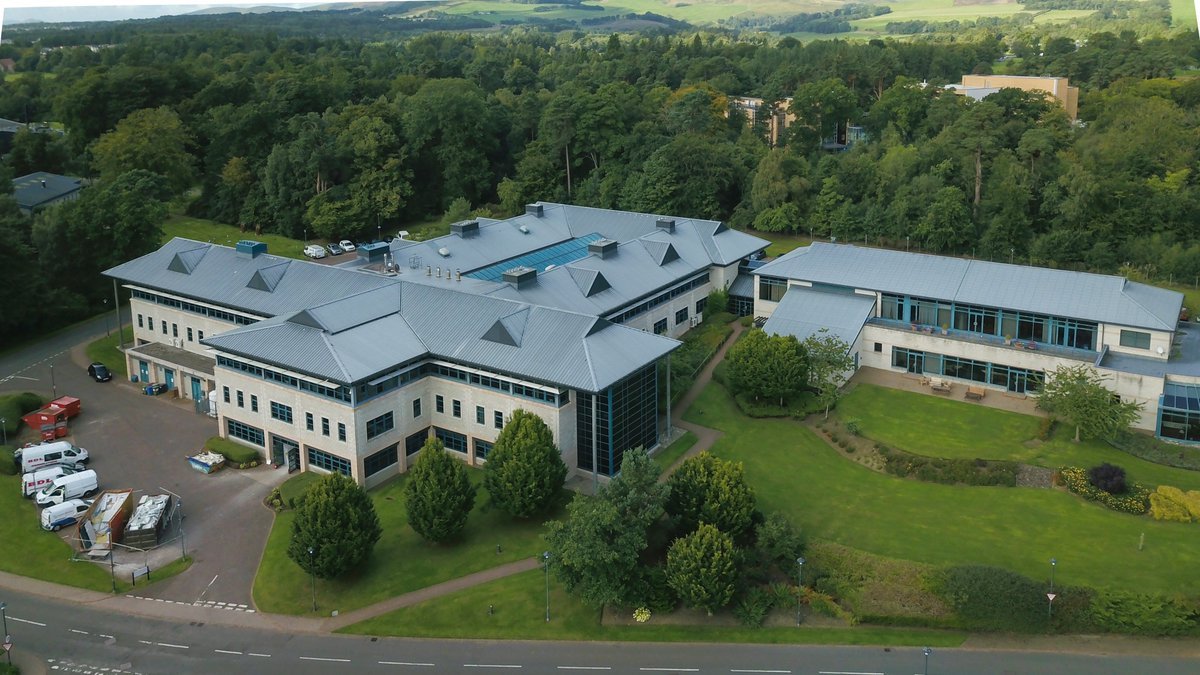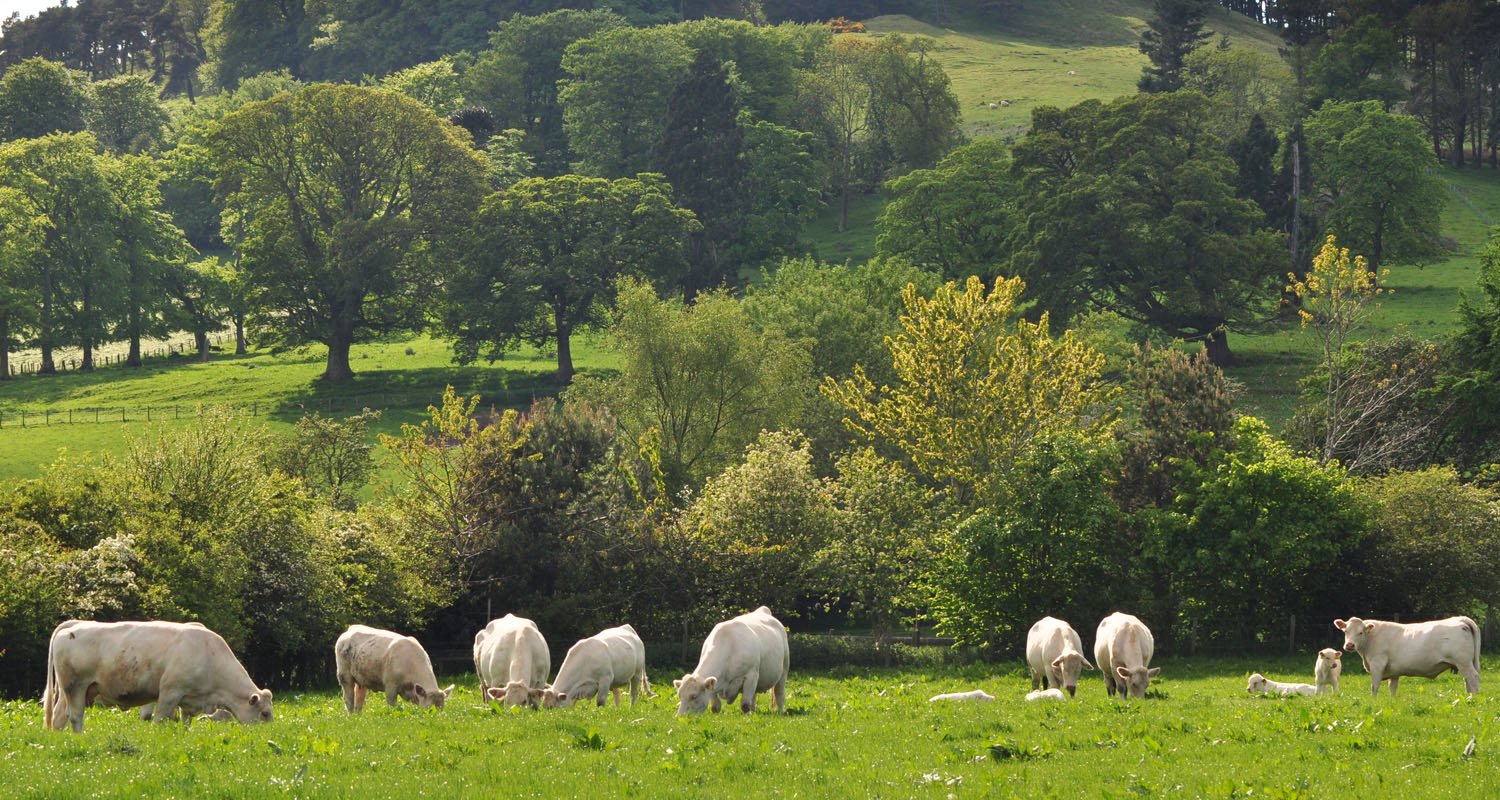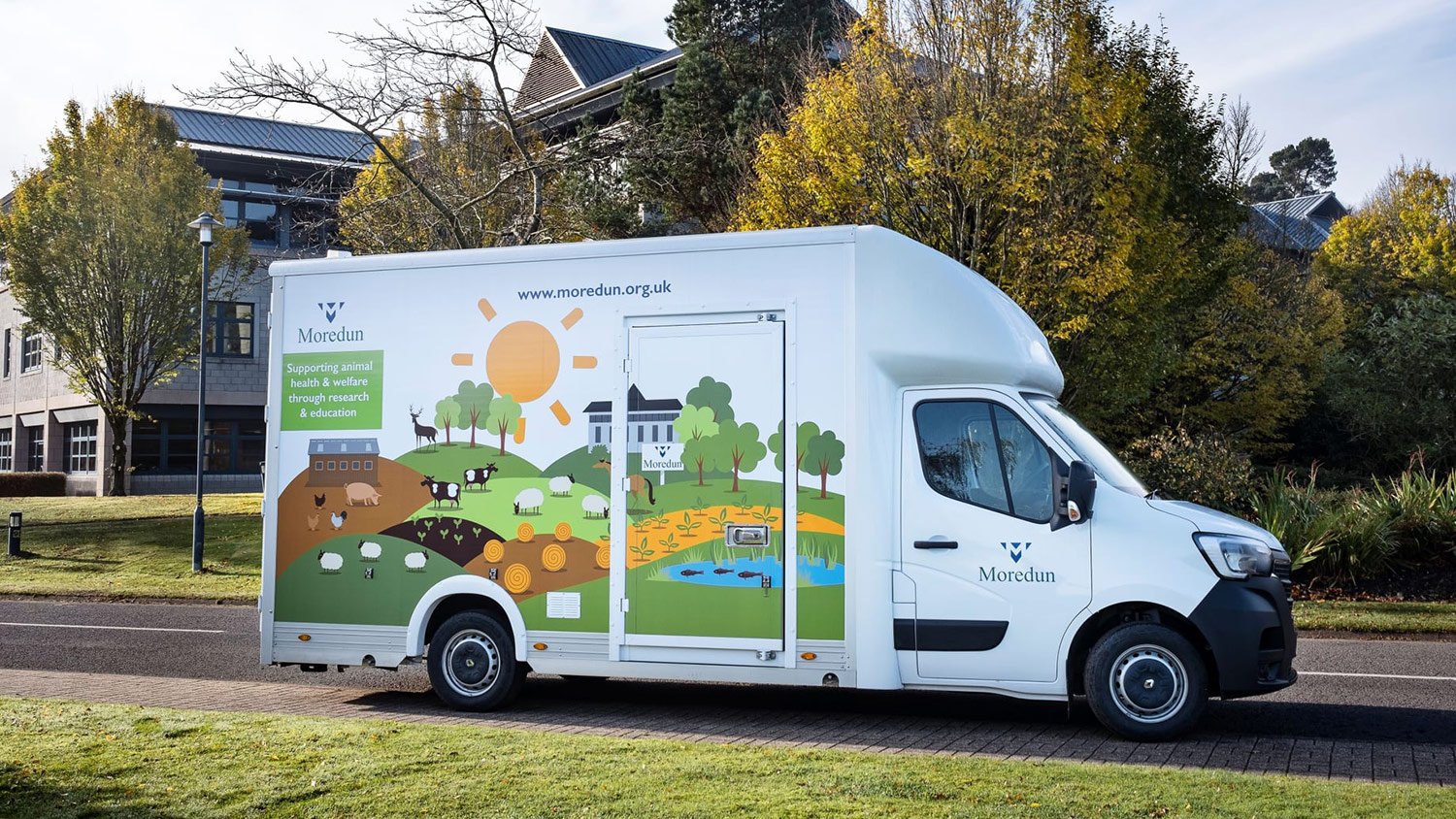News

Scottish Government Announce Match Funding to Support Moredun’s Louping Ill Vaccine: Industry Backing Needed
The Cabinet Secretary for Rural Affairs, Land Reform and Islands, Mairi Gougeon, announced that the Scottish Government will provide match-funding of up to £100,000 to support the development of a new vaccine against Louping Ill — a serious tick-borne viral disease affecting sheep. The announcement was made during the Moredun Foundation reception at the Royal Highland Show.

Research events mark Moredun and Roslin partnership
Themed talks, discussion and guest lecture launch next phase of collaboration between neighbouring organisations within Midlothian Science Zone.
A programme of research-themed events has marked a new phase in a strategic collaboration between the University of Edinburgh and Moredun Research Institute.

Experts explore new marine protein to enhance poultry feed
A group of industry professionals is exploring a fishmeal alternative derived from marine sources to evaluate potential benefits for gut health and growth performance in meat chickens.
The Innovate UK initiative, ‘Farmed Marine Proteins for Poultry Feed’, assessed the viability of using Artemeal – a protein product made from artemia – as a novel replacement for fishmeal in the diets of young broilers. The aim was to monitor health outcomes, optimise growth and reduce environmental impact.

A new louping ill vaccine – can you help us bring a new vaccine to market?
Moredun have developed a new generation vaccine against louping ill virus (LIV) in sheep. Although this tick-borne viral disease can infect many species, including cattle, horses, dogs and humans, it is particularly devastating to sheep and red grouse.

AI biosecurity tool could help save farmers time
Scientists are developing a new webtool which will use Artificial Intelligence to give time-pressured farmers tailored advice on how to protect their livestock from disease.
The device is being developed in a project by SRUC and Moredun which would quickly summarise official documentation on animal biosecurity, and deliver detail most relevant to an individual farmer’s needs at the time.

Life story of 'beloved' PG Tips tea-drinking chimp revealed
The life story of the “beloved” chimpanzee star of a series of PG Tips adverts in the 1970s has been revealed in a new study.
Choppers, a Western Chimpanzee, played Grandmother Ada Lott in the well-known advertisements when she was still a juvenile.
Source: STV

Red squirrels' low genetic diversity poses disease vulnerability
Worryingly low levels of genetic diversity make Scotland’s red squirrels especially vulnerable to disease, a study has shown.
Researchers at the University of Edinburgh said this could explain why the mammals are so slow to develop resistance to the squirrelpox virus, which is carried by non-native grey squirrels and fatal to reds.
Source: The National

Application of new technology to make an affordable anti-parasite vaccine
Scientists at the Moredun Research Institute, in Midlothian Science Zone, and the Pirbright Institute, in Surrey, have been awarded a £1.7 million grant over three years by the Bill & Melinda Gates Foundation to develop a vaccine against a life-threatening parasite of sheep and goats.

Experts Convene to Discuss the Role of Livestock Production in Future Food Security
The Moredun Foundation host a landmark panel discussion with over 100 representatives from the agricultural and food sectors gathered to discuss the essential role livestock plays in producing sustainable, affordable, and high-quality food while addressing environmental and economic challenges.

Moredun and James Hutton Institutes combine forces for Science in Shetland
In the remote Shetland Islands, finding hands-on lab science educational opportunities can be challenging. However, thanks to Scottish Environment, Food and Agriculture Research Institutions (SEFARI) funding, teams from the Moredun and James Hutton Institutes recently brought an exciting week of animal health science to Shetland’s Junior High Schools and local communities.
